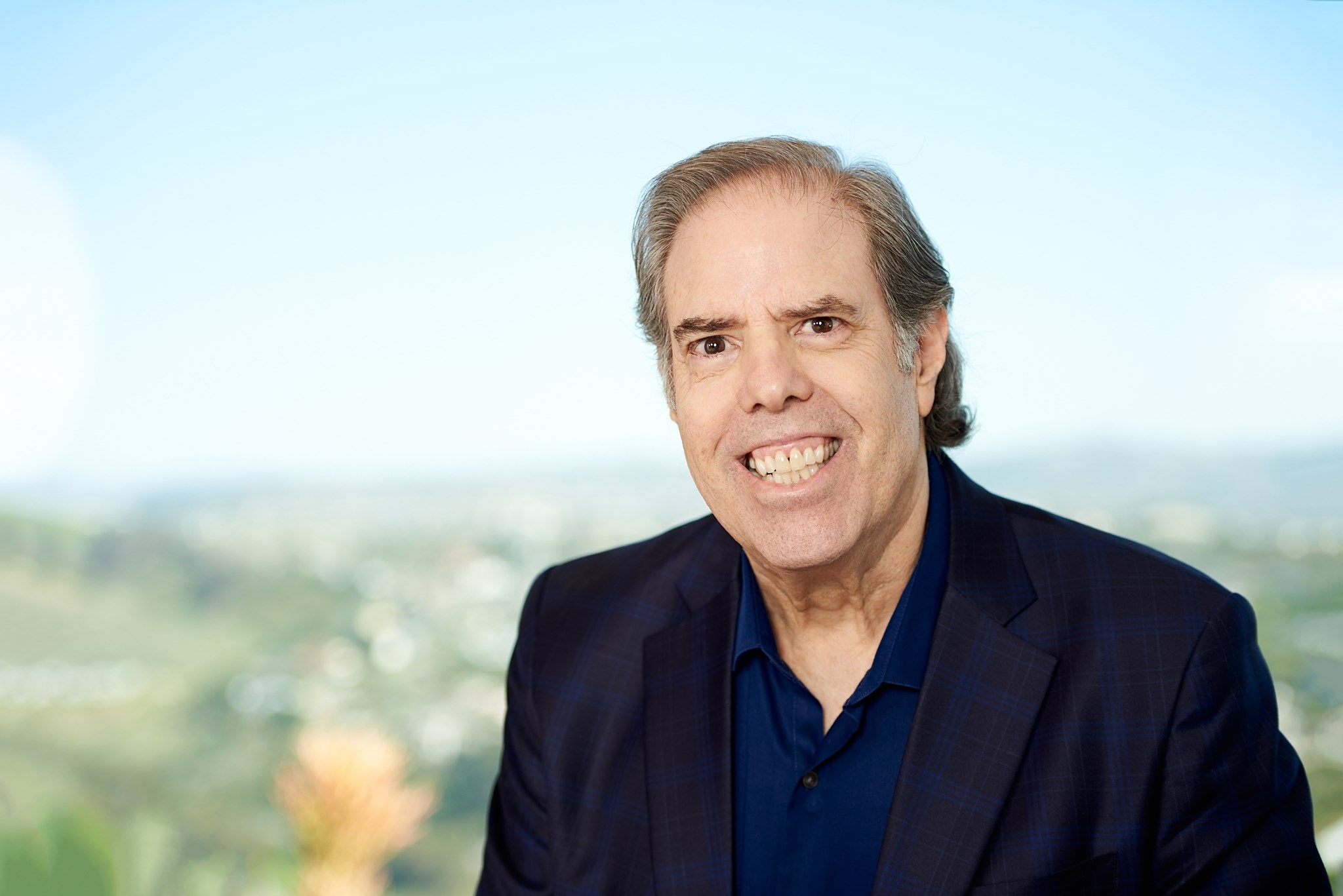Business is always shaped by external drivers: those circumstances beyond our control that we must respond to if we want to succeed. Economic conditions, customer demands, government regulations and technology are common drivers that I’m sure you’re familiar with.
Responding to a viral pandemic like the one we’re experiencing now is not so different from responding to any other external driver, though it might feel more dramatic and is uniquely and sadly accompanied by grief and anxiety around the globe. The commonality of all external drivers is uncertainty, and to respond, we must be agile and flexible. If we are finding ourselves rigid, fearful and grasping for control, that’s an indicator that the external driver is also acting as a wake-up call to make changes we’ve been avoiding or to spur creative solutions that raise our standards of behavior, performance, service, or success.
The recent outbreak of COVID-19 is illustrating this wake-up call as many are forced to work from home, cancel events and meetings, close up shop or let go of employees, and homeschool their children amid the chaos. Being a conscious leader in these unsettling times means maintaining perspective — trusting that you’ll be OK, focusing on human connection and having the presence of mind to learn from this experience.
If self-examination is the appetizer, learning is the main course. Learning new skills and habits, learning to correct a mistake, and learning to improve performance are just a few examples of what this crisis has to offer you. No matter what you are learning, it is the basis for change, improvement and success, not just to get through the current situation, but to create a new and better future. While self-examination opens new doors, learning is walking through the door to a new level of success, a new life.
In general, there are two kinds of learning situations. One kind of learning is being presented with new information, a new skill or a new awareness, as we experienced in school. The second kind of learning is what we get through living life, testing our boundaries and our limits as we strive for what we want – the school of hard knocks.
The challenges all of us have with experiential learning is that before we get to the learning, we have to deal with disappointments, judgments from ourselves and others, rejection, mistakes, and punishment. If we get caught in the emotional and sometimes physical pain associated with the school of hard knocks, we may never get to the learning. Master learners know that they must learn from mistakes instead of deflecting, blaming others or hiding from them.
Traps That Prevent Learning
We say we want to learn, but do we really? I often encounter people who seem committed to their growth but get caught in their own stumbling blocks: their emotions, mindset or behavioral habits. They go to workshops, read books and gain advice from others, but they don’t seem to change their work habits, communication or lives for the better. They get caught in their own traps.
1. ‘I can do this myself.’
In school, we were taught to complete assignments alone, take tests without cheating and prove our individual knowledge of the material. But life doesn’t work the same way, and neither does business. Relationships, teamwork and diversity of input are not only important, but required for success in business. If you maintain the viewpoint that you have to prove your value to the organization, demonstrate how smart you are or simply maintain control, you are trapping yourself in a game of make-believe – that you know what you don’t know and that you can do alone what you actually can’t.
2. ‘It’s not the way we do things around here.’
There is comfort in familiarity. People caught in this trap cling to their current reality and feel threatened by new approaches. Sometimes it’s the fear of failure, but many times, it’s simply not wanting to make the effort to learn something new. In order to learn, you must be willing to acknowledge that you don’t know everything and that there might be a better way.
3. ‘It wasn’t invented here.’
This is a trap that managers often fall into, but anyone could fall into it. It occurs when you don’t want to accept an idea coming from someone else, especially a direct report. You want to have all the good ideas and take credit for all positive movement forward. If you want to learn, you must become aware of your limitations and your strengths as they relate to the problem at hand. This could be as simple as the awareness that you get anxious or defensive when your boss checks in on you, or that your direct report is good at coming up with new and creative solutions to old problems.
4. ‘Prove it to me.’
Some people can’t try anything new, or even accept the validity of a new approach, if it can’t be proven. Proof is helpful, but it’s not the only way to make decisions. Experience and intuition are essential components of decision-making. If you only try what has been proven to work, you will never create anything new. Learning involves taking risks and stepping outside the comfort zone of the mind.
To get out of these traps, you must be willing to learn. You must have the openness and courage to know that you don’t know everything and to give space to inevitable uncertainty.
Breakthrough organizations experience sustained success because they are ready for anything, pandemic included. Their focus is on being ready for change and improvement rather than hunkering down into sustained normalcy and comfort. The world constantly reinvents itself, so you must stay in a constant learning mode. You must continually work on your individual and team habits, as there is always a next evolutionary step.
This article originally appeared on Forbes and on the B State Blog.


